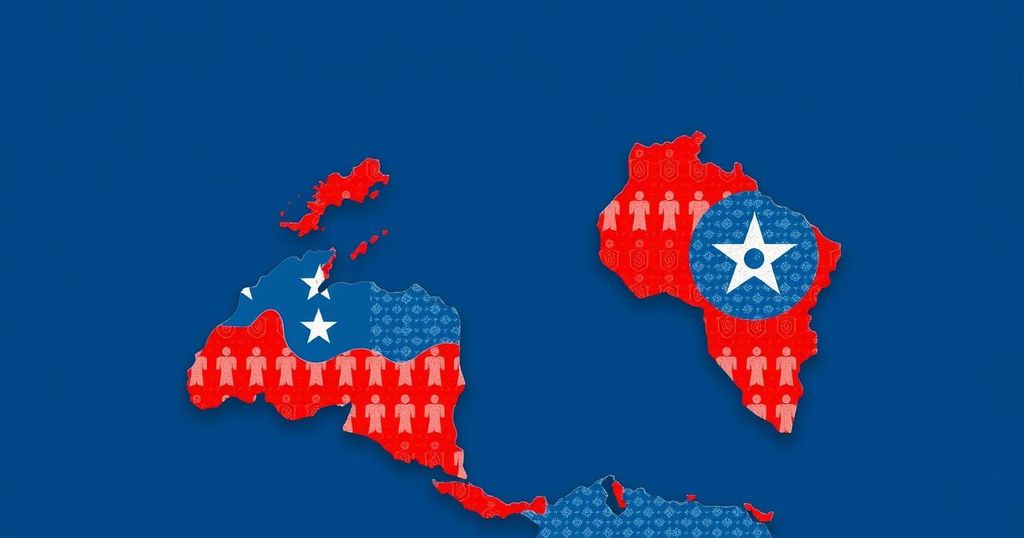Leaders in Nicaragua and the DRC are proposing constitutional reforms aimed at increasing presidential powers, raising concerns over democratic erosion. In the DRC, President Tshisekedi’s initiatives may abolish the two-term limit, while Ortega in Nicaragua seeks to extend presidential terms and enhance control over governmental roles. Both movements, framed as modernization efforts, are opposed by critics who view them as attacks on democratic norms.
Political leaders in Nicaragua and the Democratic Republic of Congo (DRC) are pursuing significant constitutional reforms that could reinforce their presidential powers, raising concerns regarding democratic integrity in these nations. In the DRC, President Félix Tshisekedi has initiated a process to create a new constitution, claiming the current one is outdated. Opponents fear this may eliminate the two-term limit for presidents, enabling Tshisekedi to maintain power beyond his current term. Meanwhile, in Nicaragua, President Daniel Ortega is advocating for reforms to extend presidential terms and formalize his wife’s position as co-president, actions critics argue could exacerbate authoritarianism in a country already experiencing significant political repression. Despite the leaders presenting these changes as necessary for stability and modernization, they are perceived by many as efforts to erode democratic frameworks and prolong their respective rules. The situation in both countries raises alarms about potential political unrest and the freedoms of opposition voices.
The movements in Nicaragua and the Democratic Republic of Congo reflect a worrisome trend regarding democratic governance in the global South. In both nations, the ruling leaders are attempting to modify constitutional provisions that limit their powers under the guise of modernization and stability. The DRC is grappling with political instability, while Nicaragua is navigating an already contentious authoritarian landscape. These developments exemplify a broader issue of democratic resilience, as populations in these countries strive to maintain checks on executive power amidst escalating governance challenges. Protests and calls for action from opposition figures indicate a significant pushback against the leaders’ attempts to entrench their power further, marking critical moments for civil society and democratic institutions.
In summary, the parallel initiatives in Nicaragua and the Democratic Republic of Congo to amend constitutions illustrate a troubling phenomenon of perceived authoritarianism in the global South. As leaders seek to bolster their powers, it raises pressing questions about the future of democracy in these regions. The opposition’s response and international reactions will be crucial in determining the outcomes of these constitutional changes, which may further clear the path for authoritarian rule if left unchecked.
Original Source: www.firstpost.com






